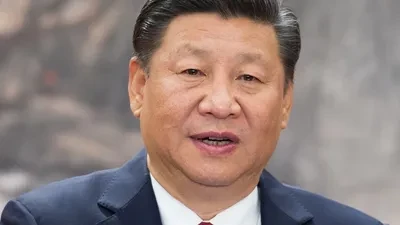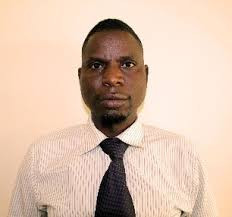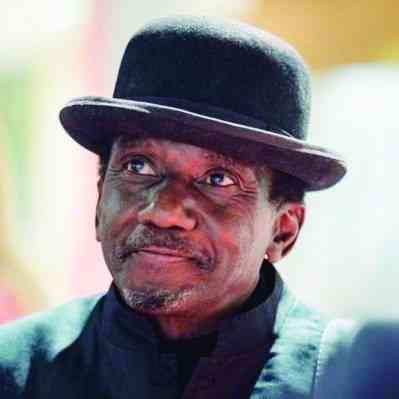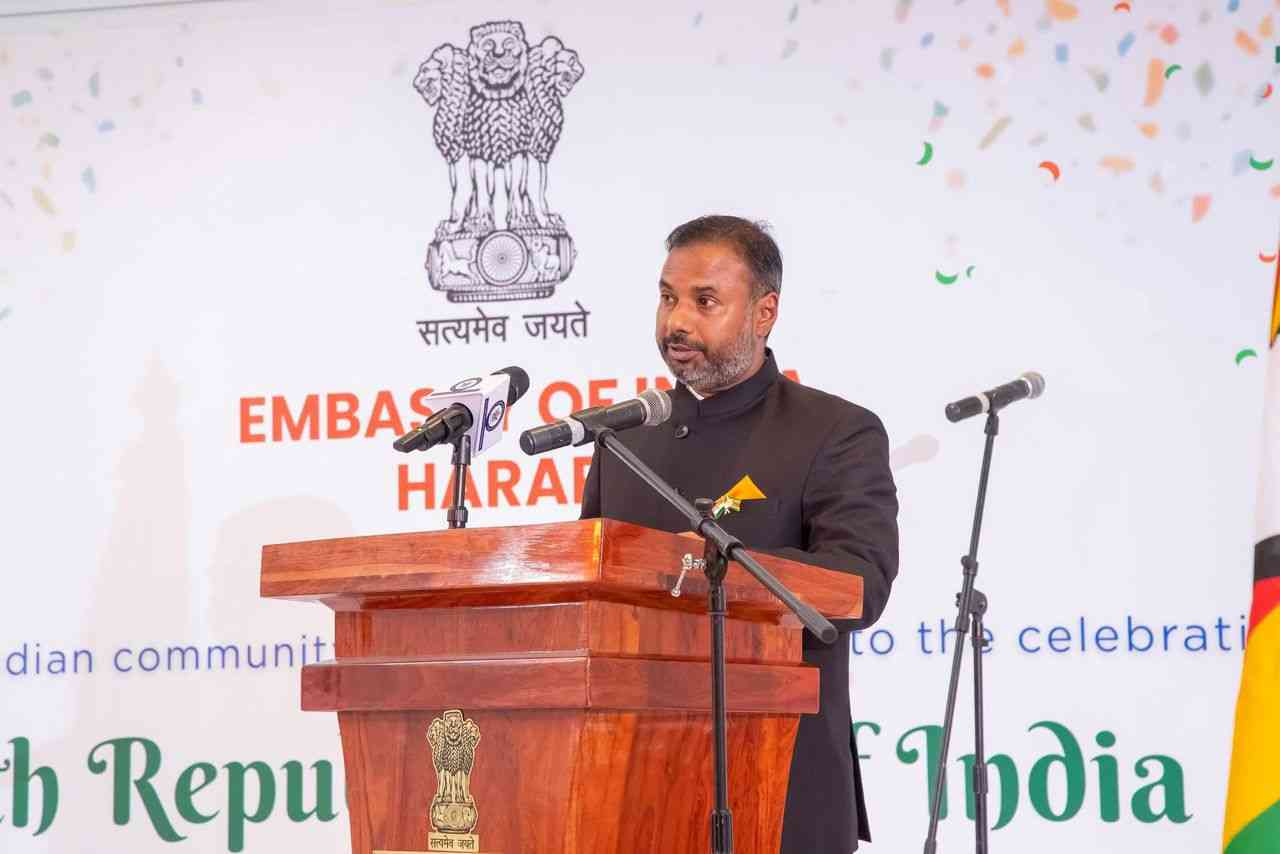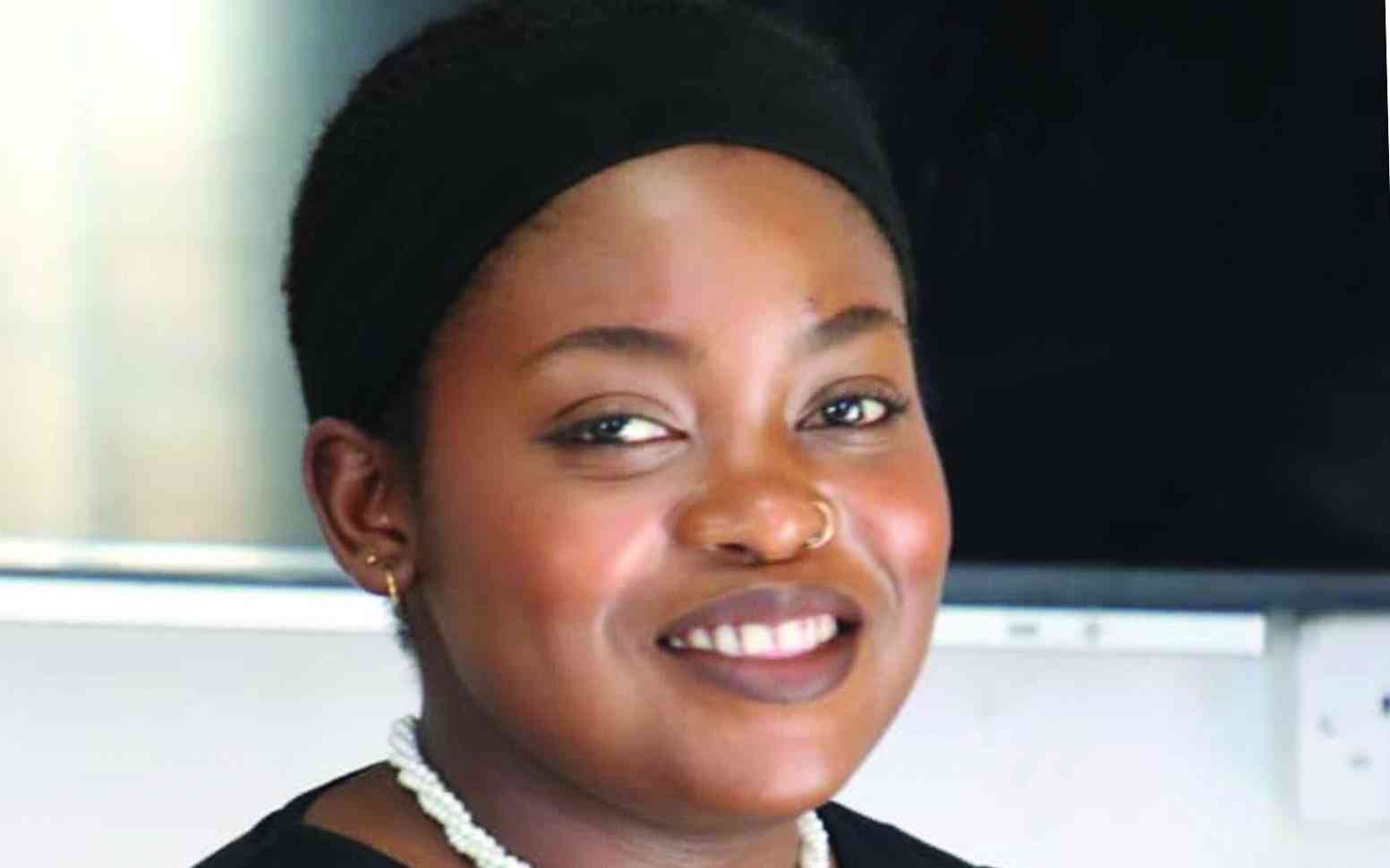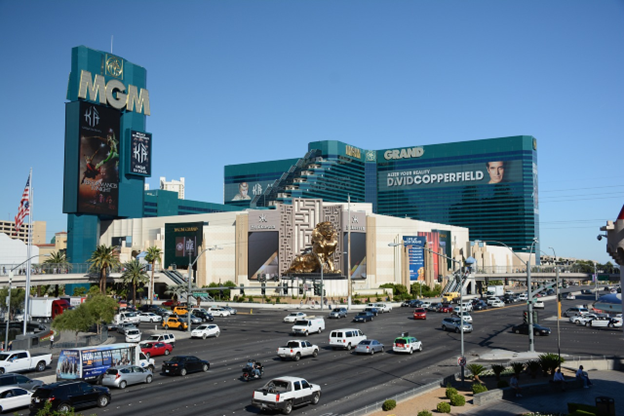
After nearly a century of prohibition, Brazil is poised to revive its prestigious betting houses and emerge as a top global iGaming market. The Federation of Hotels, Restaurants, and Bars of São Paulo (Fhoresp) estimates investments exceeding R$ 382 billion, significantly boosting Brazilian tourism.
The ongoing legislative changes and the anticipated approval of gambling have captured the attention of major international operators like BetMGM and Hard Rock International, who seem to see Brazil as the next big frontier in the global gaming industry.
The proposal, discussed since 1991, was passed by the Chamber of Deputies in 2022 and is anticipated to be debated in the Senate later this year. In July, it narrowly received approval from the Senate's Constitution and Justice Commission, with a vote of 14 in favor and 12 against.
Even before the text's approval, however, 56 foreign companies in the gaming industry visited Brazil to explore potential locations and regions for their operations, according to Fhoresp.
Hard Rock International might lead the charge among casino operators looking to enter the Brazilian market.
The brand, renowned for its global chain of hotels, cafes, and casinos, has already invested more than a billion in Brazil in partnership with VCI, a local construction firm.
This ambitious investment is focused on developing eight luxury hotels and resorts across the country, located in key tourist destinations such as São Paulo, Fortaleza, Jericoacoara, Recife, Natal, Ilha do Sol, and Foz do Iguaçu.
These projects are more than just hotels; they represent a strategic foothold for Hard Rock in Brazil.
- Entertainment galore as showbiz regains its spark
- Another Makhadzi, Jah Prayzah collabo on the horizon
- Let the music play at JamAfro Festival
- New perspectives: Open letter to RBZ governor John Mangudya
Keep Reading
Samuel Sicchierolli, CEO of VCI, has indicated that if Brazil's Congress approves the regulation of gaming, some of these properties could also feature casinos. This would mark a significant expansion of Hard Rock's brand in the country, transforming these resorts into full-fledged entertainment hubs.
The potential for these resorts to house casinos is particularly enticing given Brazil's untapped gaming market, which could generate billions in revenue.
MGM Resorts International, another heavyweight in the global gaming industry, is also eyeing Brazil with great interest. The company's CEO, Bill Hornbuckle, recently revealed plans to visit Brazil to explore opportunities for entering the sports betting and online casino markets.
MGM Resorts has been expanding its presence in international markets, and Brazil represents a critical opportunity for the company to establish a significant presence in South America.
During a recent earnings call, Hornbuckle emphasized the importance of Brazil's upcoming regulatory changes, stating: "Brazil is on the verge of legalizing internet gambling for casinos and sports betting, and we plan to be there when that happens. We're focused on turning this opportunity into a solid business foundation."
MGM Resorts has already experienced success in other international markets, and the company seems to be eager to replicate this success in Brazil. This move would not only diversify MGM's portfolio but also allow the company to capture a share of what could become one of the largest gaming markets in the world, with more than 200 million internet users and 75% of them openly stating their gaming habits.
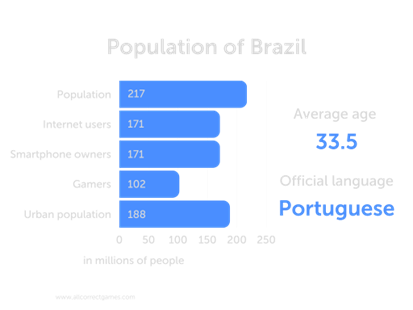
Image: allcorrectgames.com
Alt-text: The image is a bar chart titled "Population of Brazil." It includes several bars representing different demographic statistics in millions of people: Total population (217 million), internet users (171 million), smartphone owners (171 million), gamers (102 million), and urban population (188 million). The chart also shows the average age of the population as 33.5 years and states that the official language is Portuguese.
Brazil's potential as a gaming market is immense. The country has a large, youthful population with a growing appetite for entertainment and leisure activities.
According to a research from KTO, a large online casino in Brazil, Brazilian iGamers are predominantly young and tech-savvy, deeply immersed in the online world and favoring mobile gaming experiences.
They have diverse interests, ranging from traditional games like bingo and poker to modern options such as sports betting and casual mobile games. While they engage in real-money gaming, their primary motivation is entertainment, prioritizing the thrill and enjoyment of the experience over financial gain.
Fhoresp’s forecast is that the legalization of casinos and other forms of gambling could attract investments exceeding $76 billion. This would position Brazil as the third-largest gaming market globally, following the United States and Macau.
The proposed legislation, PL 2.234/2022, would facilitate the creation of diverse casino formats, including expansive integrated resorts akin to those in Las Vegas, Singapore, and Macau. These resorts would merge casinos with luxury hotels, entertainment facilities, shopping centers, and conference venues, transforming them into significant tourist destinations.
Keep Reading
China's new EV growth is ruffling feathers in the US and Europe.
More opportunities for Zim firms as IATF eyes US$44bn deals at next year's fair
The global imperative to address Angola’s landmine crisis
Volkswagen considers historic German plant closures in cost drive
Although the potential rewards are enormous, the Brazilian market also presents several challenges. The regulatory environment is still in flux, and operators will need to navigate complex legal and political landscapes to secure licenses and establish operations. Furthermore, the market is likely to be highly competitive, with numerous international and local operators vying for a share of the pie.
If these challenges can be met, Brazil could soon become one of the most dynamic and profitable gaming markets in the world, reshaping its economy and positioning itself as a top destination for casino tourism.

